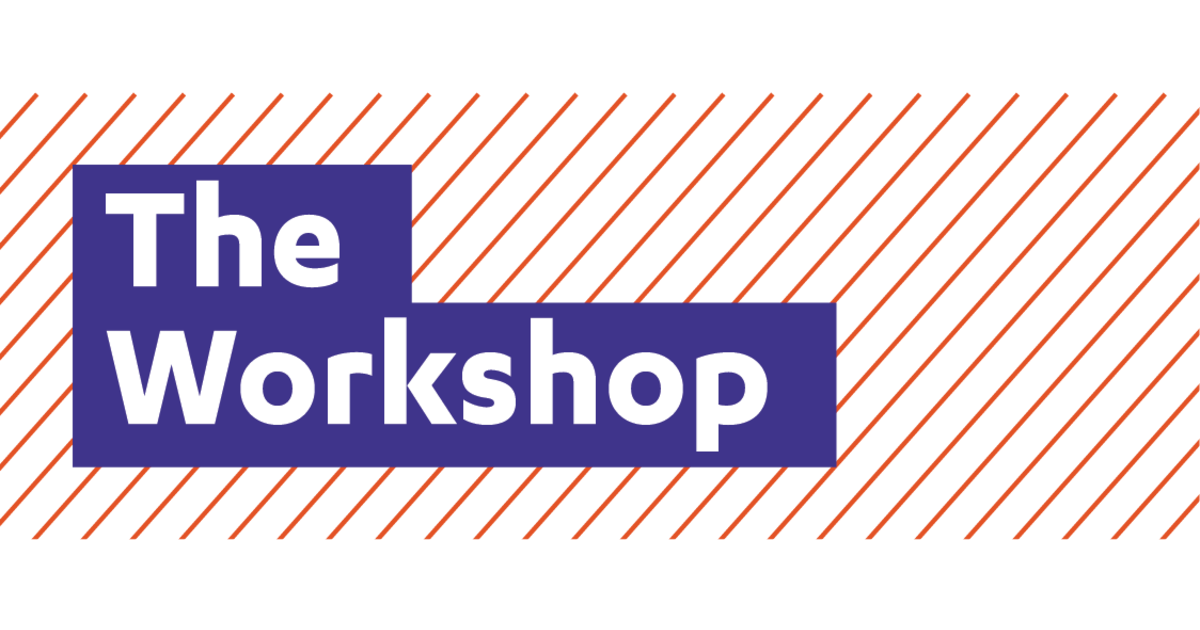Kia ora from Jess,
Like most of you, I’m feeling angry and frustrated about the spread of false information across several issues over the last few weeks. I’m harnessing these feelings to spread a different message – about the actions we can all take that work to dampen the spread and impact of false information and amplify good information and a healthy information environment.
The most important thing we can do is tell our own story. By this I mean say what we want people to know — and be very careful to avoid repeating the false information that is making our blood boil, even if it is to debunk, myth-bust or negate.
I was recently interviewed by The Guardian about a study to test the effect of statements about climate disruption. The study findings highlight the dangers of repeating and sharing false information.
The study’s lead author Mary Jiang from the Australian National University said “A single repetition is enough to nudge recipients towards acceptance of the repeated claim, even when their attitudes are aligned with climate science, and they can correctly identify the claim as being counter-attitudinal.”
We know from our own work across many topics and social issues that repeating false information, even with the intention of correcting it, gets in the way of connecting people with your story, the true information.
The cognitive science is clear that repetition is a very powerful tool because of how we process information. The more we hear something, from multiple sources, including those we trust, the smoother it becomes to process, the more accepted it is as ‘just known’.
The study shows the impact of repeating false information in a climate context. Regardless of your area of work, we can all focus our efforts, storytelling resources and air time on repeating what is known and true. And when we do that consistently, using the pro-social values that matter most to people in Aotearoa we all benefit.
At The Workshop, we want more people to feel comfortable and confident that they have the skills, knowledge and evidence-based tactics to address false information. We’ll continue to share our top tips in our newsletter and across our social media.
If you’re facing false information in your work or life then consider joining one of our upcoming training courses. Our introduction to framing and narratives (Narratives for Change) teaches you how to tell your own story. In our False Information training, you’ll be supported to use three very specific and targeted evidence-based tactics that work across the different contexts you’ll experience false information. You can find the options in our events calendar.
Ngā mihi Jess

